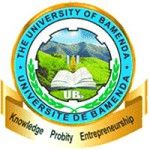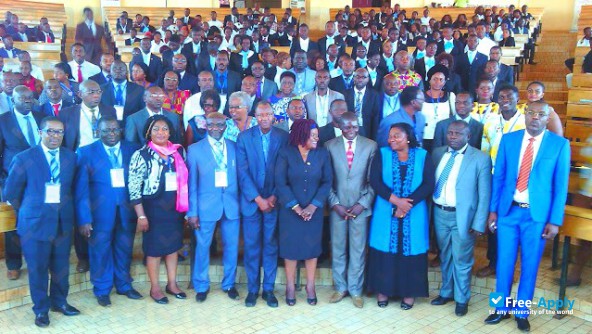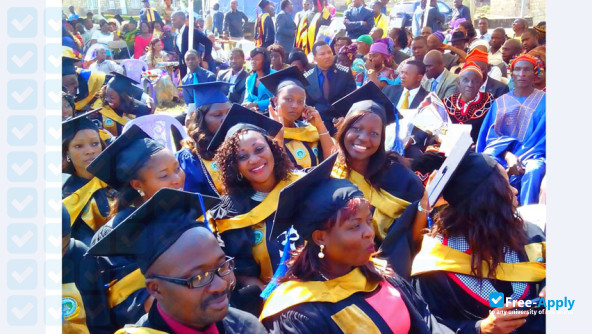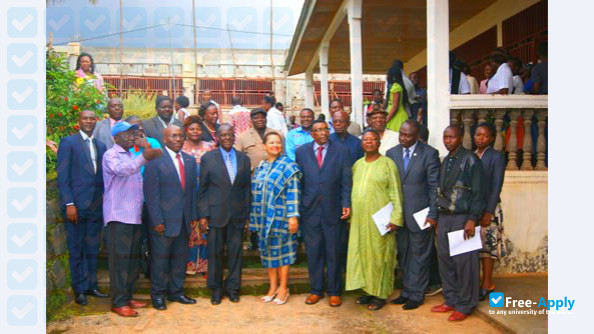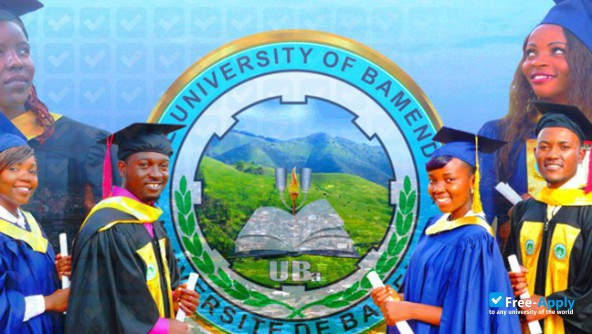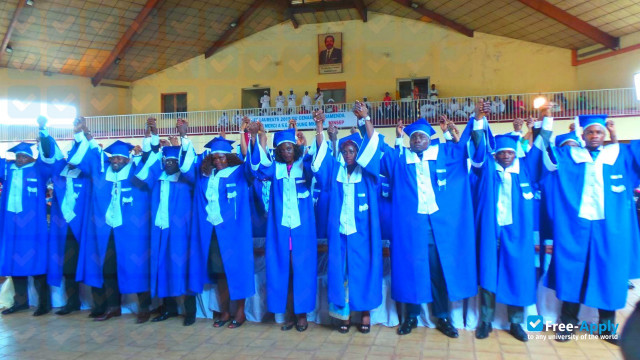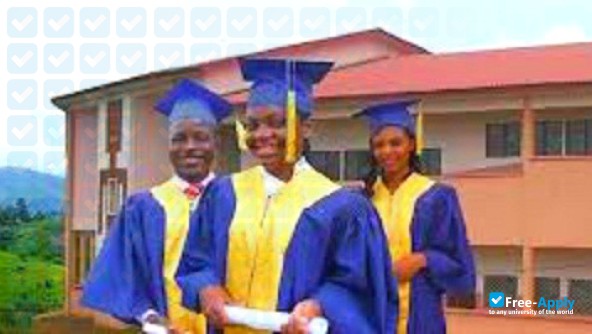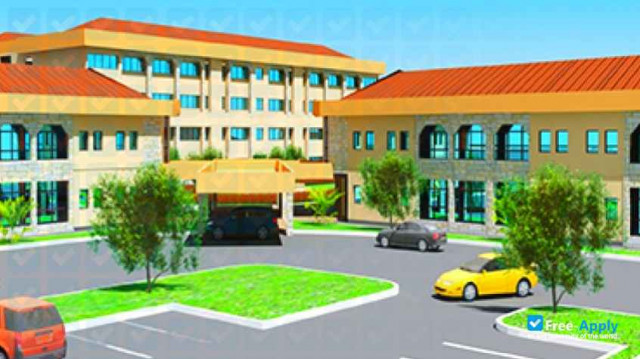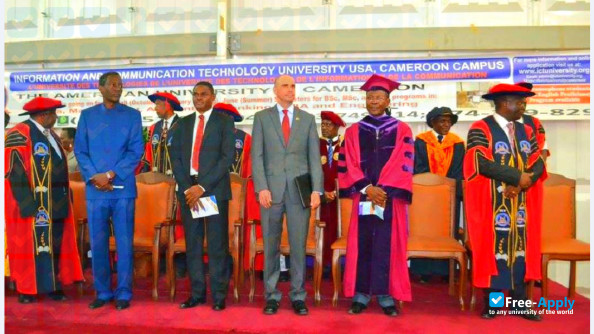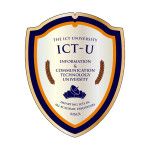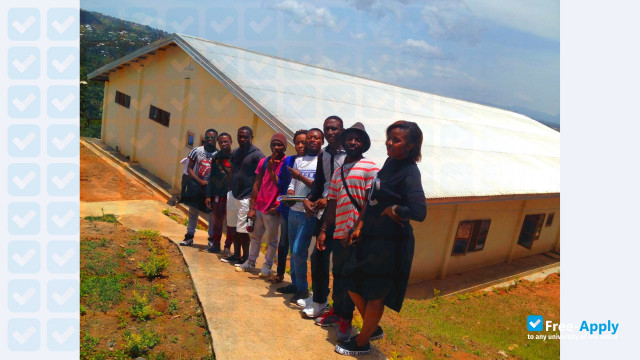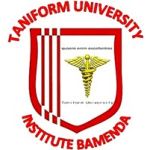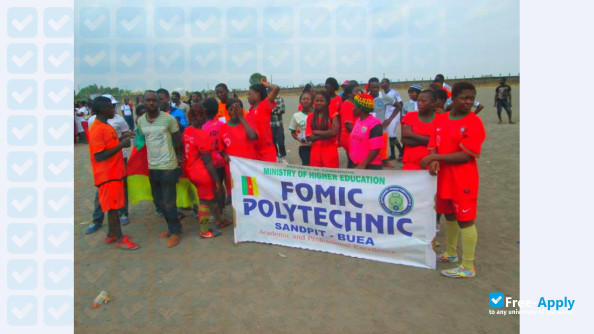About the university
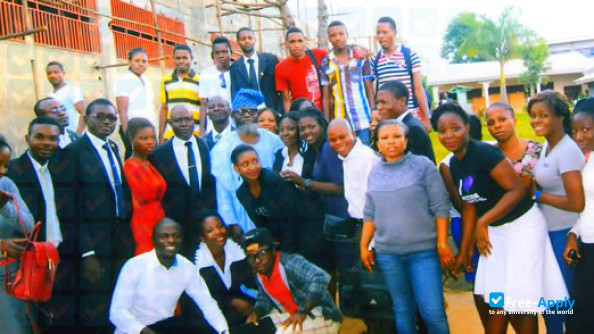
The history of The University of Bamenda is inextricably linked to that of the Cameroon College of Arts, Science and Technology (CCAST) and Ecole Normale Supérieure Annex (ENSAB) Bambili. The University of Bamenda germinated out of a local initiative hatched in 1962 following reforms in the Educational Policy of West Cameroon. The process was facilitated by the then Prime Minister and later Vice President of the Federal Republic of Cameroon Dr. John Ngu Foncha. Foncha’s vision rested on the standard of higher learning reflective of the Nigerian Colleges of Arts, Science and Technology (NCAST). This wish was even more urgent because by 1961, the number of university graduates was grossly inadequate to cope with the senior staff demands of the new nation state. There were slightly over twenty university graduates in the Southern Cameroons by 1962 and the top civil service jobs by dint of this limitation were dominated by expatriates, mostly Nigerians and British. It was in dire need to allay this problem that the West Cameroon Government through its Education Policy Paper of July 1963 envisaged CCAST as a future college of the Federal University of Cameroon created in 1962. In the context of the imagination, it was to assume the status of an American Junior College or the English Polytechnic. This dream was somehow constrained by logistics and human resources. This perhaps explains why in 1963 when CCAST was transferred from its temporary site at GTTC Kumba to Bambili, USAID came in to lend support to firmly establish the institution, especially in the Science Department. This took place under the auspices of Dr. David Laird, USAID Adviser on Education, and Dr. William Stanley, Adviser on Science of Education. Mr. H. O. H. Vernon Jackson from the United States became the pioneer Principal. The USAID ground breaking mission was quite brief (1962 to 1963). Mr. Sylvester Dioh stands out prominent as one of the key Cameroonian figures in the early development of CCAST Bambili. In December 1963, CCAST was transferred to its present site in Bambili and Dioh appointed as Principal.
Education programs
Arts
Arts
Bachelor of Arts
English
Language of instructions
Full-time
Study mode
$800
Fee for international students
$800
Fee for domestic students
Economics
~ $800 / year
Economics
Bachelor of Economics
English
Language of instructions
Full-time
Study mode
$800
Fee for international students
$800
Fee for domestic students
Education and Teaching
~ $800 / year
Education and Teaching
Bachelor of Education
English
Language of instructions
Full-time
Study mode
$800
Fee for international students
$800
Fee for domestic students
Health
~ $800 / year
Health
Bachelor of Health
English
Language of instructions
Full-time
Study mode
$800
Fee for international students
$800
Fee for domestic students
Law and Jurisprudence
~ $800 / year
Law and Jurisprudence
Bachelor of Law & Jurisprudence
English
Language of instructions
Full-time
Study mode
$800
Fee for international students
$800
Fee for domestic students
Logistics
~ $800 / year
Logistics
Bachelor of Logistics
English
Language of instructions
Full-time
Study mode
$800
Fee for international students
$800
Fee for domestic students
Management
~ $800 / year
Management
Bachelor of Management
English
Language of instructions
Full-time
Study mode
$800
Fee for international students
$800
Fee for domestic students
Political Science
~ $800 / year
Political Science
Bachelor of Political Science
English
Language of instructions
Full-time
Study mode
$800
Fee for international students
$800
Fee for domestic students
Technology
~ $800 / year
Technology
Bachelor of Technology
English
Language of instructions
Full-time
Study mode
$800
Fee for international students
$800
Fee for domestic students
Transportation
~ $800 / year
Transportation
Bachelor of Transportation
English
Language of instructions
Full-time
Study mode
$800
Fee for international students
$800
Fee for domestic students
How to apply to the university
Choose a program
Press “Apply now” button
Send an application form
Complete admissions tasks
Go to study
To apply to The University of Bamenda follow these steps. To get more information about the university and the admissions process, you can use the live chat to contact a university representative.
Required documents for admission
When applying for admission to The University of Bamenda in Cameroon you should prepare all required documents. Request a list of necessary documents directly from a university, as it may vary for different countries. Using our live chat, you can also ask for sample documents.
- Application fee
- TOEFL Certificate
- Proof of fee payment
- Letters of reccomendation (MA, PhD)
- Medical Certificate
- IELTS Certificate
- Health and Life Insurance
- Passport
- Student visa
- Photographs
- Motivation Letter
- Online Application form
Why people choose this university
Contacts
The University of Bamenda
Bambili,Mezam Division, Northwest region
Cameroon
Free Apply is not responsible for the content of this page. Through the Site, Free Apply provides an online catalog which you can use to find different types of educational institutions. It’s possible for a new university to be registered by any user, however only verified university representatives will be able to manage, reply in chat and make changes to a university page. Once the University registers its official representative, it has the right to block access for others to edit the information. Further control over the content will be carried out by the representative of the University. Registration with the Free-Apply.com catalog is free.
